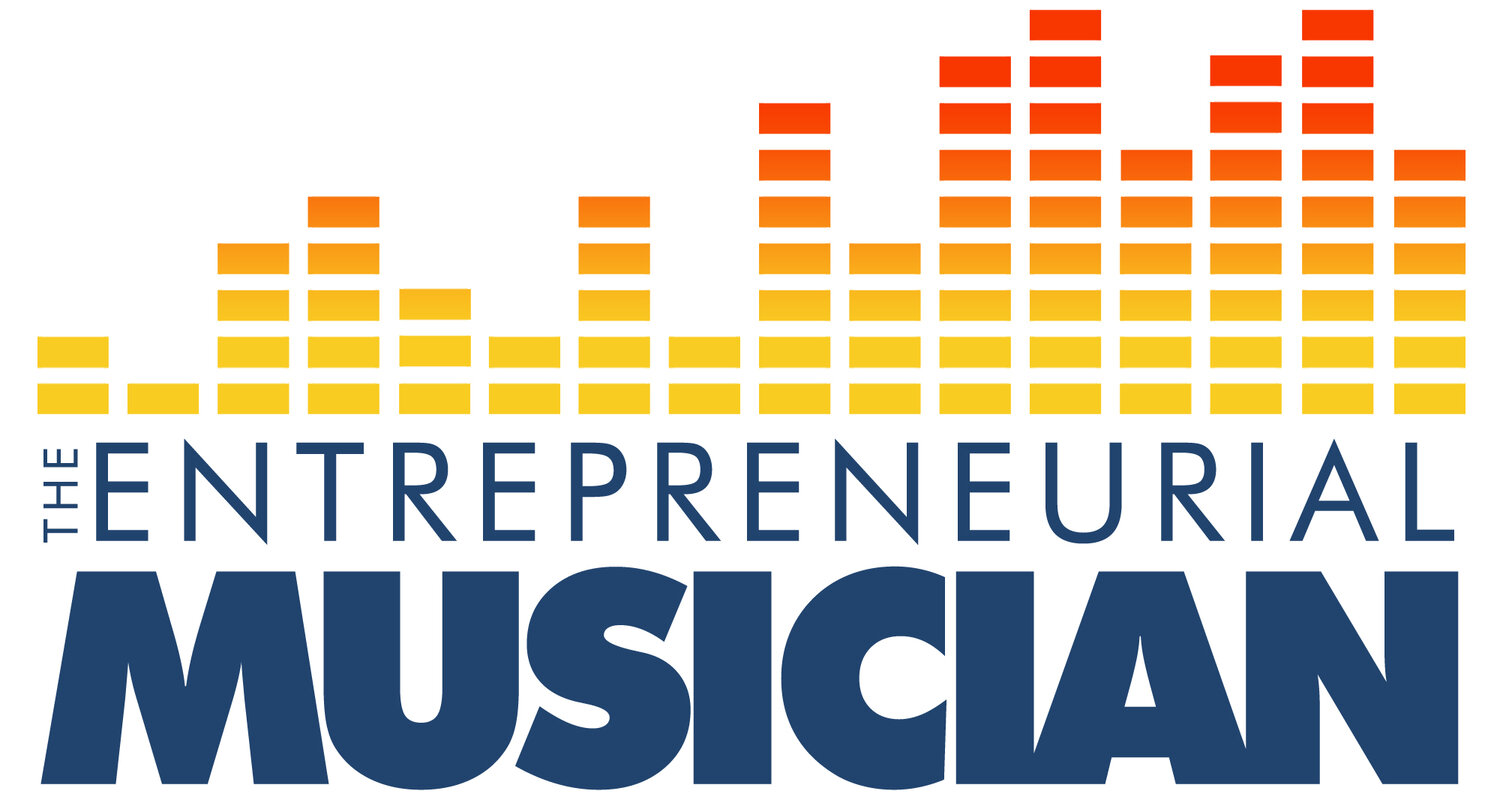Who is your bio written for?
In my work as a consultant, there is a mistake I see individuals and groups make with an astonishing frequency. To see if you are making this mistake you need to ask yourself one question:
Who specifically is your bio written for?
If you can't answer this simple question I bet I can answer it for you. If you haven't targeted a specific group of people with your bio then chances are very good that you wrote it for someone you know quite well:
Yourself.
One of the most common problems I see people make is writing their bio as if they were the intended recipient.
If you are writing the bios for a chamber group (both the collective bio and that of each member) who wants to be a touring ensemble performing on different concert series around the country, who is your target audience? (Hint: Who does the hiring for those series'?)
The answer is concert presenters. The answer for me would also be "not fellow tuba players."
A fellow tuba player may be impressed that I have studied with Sam Pilafian, Rex Martin and David Fedderley. 99% of concert presenters have never heard of a single one of them. They also don't care that I went to Northwestern.
None of these facts will help that presenter sell tickets or sell you to her board of directors (who she generally reports to.)
So why do the bios of so many musicians start with where we went to school and who we studied with? The answer is because we were writing the bio for ourselves and not for a targeted audience.
I frequently challenge people and groups I work with to do the following:
Identify exactly who the target audience is for their bio.
Put yourself in their shoes and figure out what in your bio they'll be most impressed with.
Write the bio using words and terms that your target audience are already using.
If you take these three steps when writing your bio you will nail it every time.
Finally, it should be noted that each person or group should not necessarily have only one bio. If you end up targeting different audiences with your various skill sets (which almost all of us do in this age of the "portfolio musician") then you will get very different results from the above three steps depending on who you are trying to reach.

